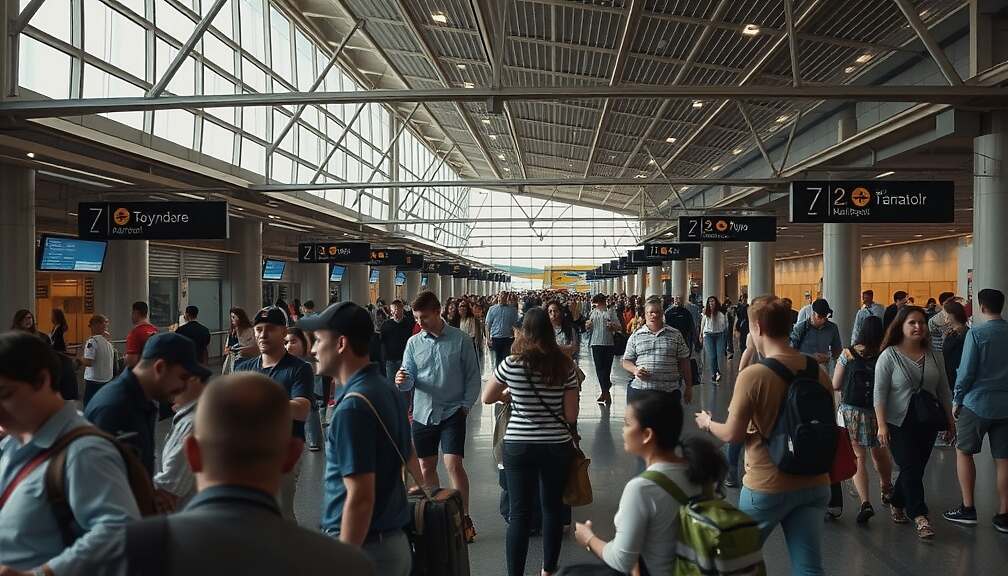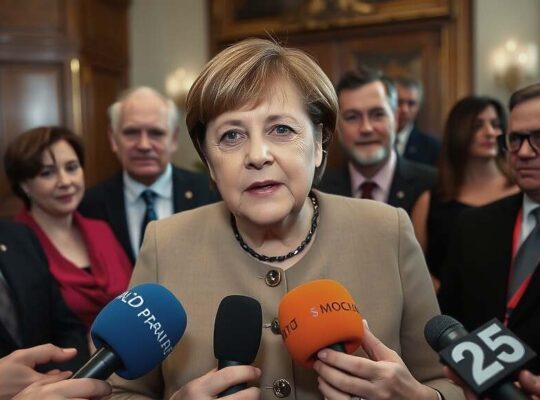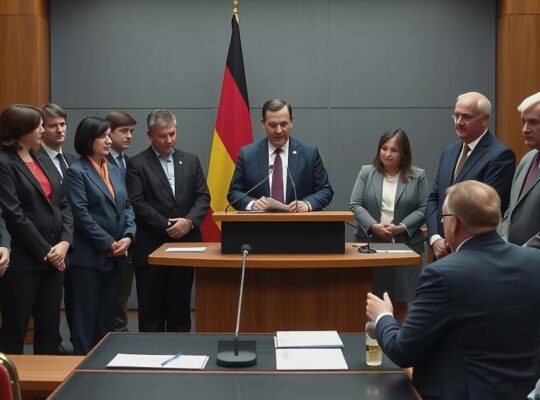German airports are facing a protracted struggle to regain pre-pandemic passenger numbers, according to a recent industry analysis. A study by the German Aviation Association (BDF), obtained by the Rheinische Post, reveals that ten major German airports-including Düsseldorf, Cologne/Bonn, Frankfurt, Munich, Berlin-Brandenburg, Leipzig-Halle, Stuttgart, Hamburg, Dresden and Hannover-are significantly lagging behind 2019 levels for both passenger volume and flight operations.
While initial projections suggested a quicker recovery, the BDF report indicates that even Germany’s key aviation hubs, Frankfurt and Munich, are unlikely to reach 90% of their 2019 passenger numbers until 2025. Munich anticipates handling approximately 44 million passengers, a substantial drop from the 47.9 million recorded in 2019. Frankfurt, a critical European transit point, is currently forecast to accommodate 62.7 million passengers, well below the 70.6 million of the pre-pandemic era. Other regional airports are experiencing similarly diminished activity. Düsseldorf, for instance, is projected to receive 21.1 million passengers in 2025, compared to 25.5 million in 2019. The consolidation of Berlin’s airport infrastructure has also resulted in a significant reduction in passenger numbers, with the BER airport expected to handle only 26.2 million passengers this year, a stark contrast to the combined 35.6 million who flew from Tegel and Schönefeld in 2019.
The shortfall extends beyond just passenger numbers; airlines are systematically curtailing the number of destinations served from German airports. This trend has spurred concern about the potential for increased airfares for both leisure and business travelers. Christoph Ploß, aviation expert for the CDU (Christian Democratic Union) and Tourism Coordinator for the German government, has been vocal about the need for swift government action. He argues that the current imposition of the Luftverkehrssteuer (aviation tax) and other competitive disadvantages are actively driving airlines to withdraw flights and operations from Germany. Ploß emphasizes the urgent need to dramatically reduce the air travel tax and eliminate other factors hindering competitiveness within the German aviation sector to bolster the industry and preserve its role as a vital economic engine. The prolonged underperformance of German airports raises broader questions about the government’s aviation policy and its impact on regional connectivity and the country’s international standing.












